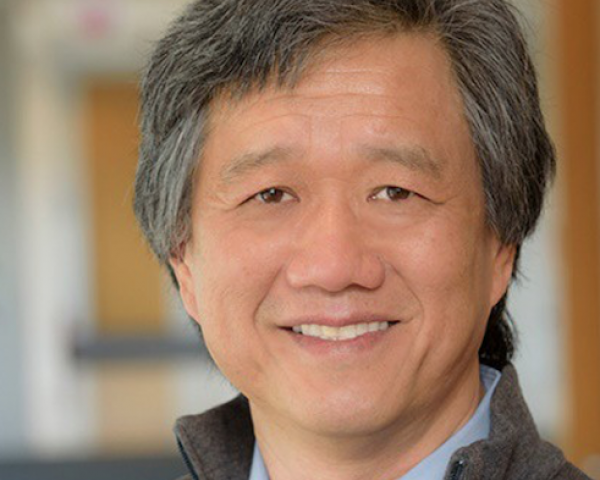When it comes to driverless cars, I argue in
a recent article, the appropriate first-mover unit of innovation is not the car, or even the car company. It is the nation.
That’s because further development and deployment of this technology is now very much dependent on a tangled web of competitive, policy, regulatory, licensing and other hurdles that span local, regional and national regulatory bodies and entrenched interests. Thus, in the U.S., sorting out how to test and deploy driverless cars is a muddled mess.
See also: 7 Wonders of the Driverless Future
Singapore, on the other hand, is fertile ground for this innovation. As an island nation, its urban density and finite space make it particularly sensitive to traffic congestion and land use.
Roads consume more than 12% of the island’s area. Its aging population and limited workforce of potential professional drivers makes mobility for non-drivers an urgent policy imperative. Today,
Singapore imports half of its bus drivers from other countries. Its environmental conditions — modern infrastructure, flat terrain, warm weather (no snow or ice) and well-marked roads — simplify the introduction of driverless cars. Finally, the nation’s strategic focus on fostering a high-tech, knowledge-based economy makes it unusually open to driverless-car innovation, and its tight-knit, efficiency-oriented government makes it easier to manage regulatory constraints.
Singapore also has a long history of public and private support for driverless-car research, development and testing. An area of the island center is currently
open to real-world testing, and plans are in place for eventually opening up the entire island to driverless cars.
A small company called
nuTonomy is partnering with Singapore to turn those plans into reality. nuTonomy is based in Cambridge, Mass., near its academic roots. But its cofounders, CEO Karl Iagnemma and Chief Technology Officer Emilio Frazzoli, are MIT roboticists with a rich history of research in Singapore. nuTonomy, therefore, has its commercial sights focused squarely on Singapore.
See also: Is Driverless Moving Too Fast?
Iagnemma told me of his ambitious plans, including a major demonstration in 2016. He envisions building a fleet of fewer than 100 cars for the first operational pilots, then launching expanded and more sophisticated pilots and ultimately creating a “radical expansion” to launch the world’s first commercial driverless taxi service. He has set his sights on Singapore.
Read
the full story about nuTonomy’s ambitious approach and the potential rewards for Singapore for being a first-mover nation in driverless cars.


